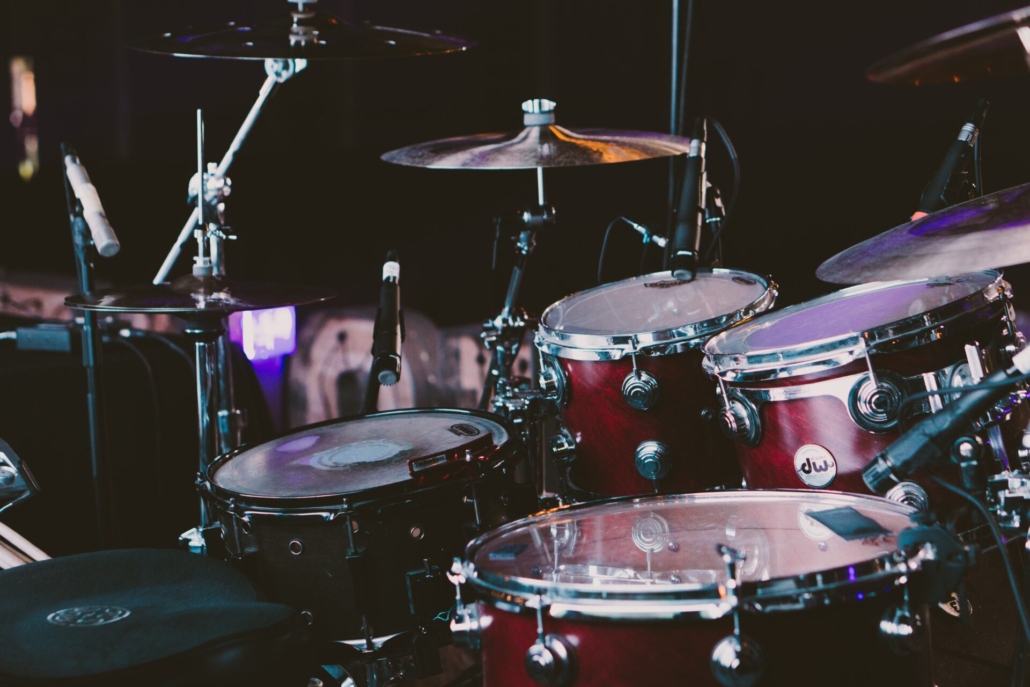Does Music Really Relate to Math?

Music and mathematics are two disciplines that may seem quite different from each other, but they are actually more closely related than you might think. Both fields involve patterns, rhythms, and structures, and many of the principles of mathematics can be applied to music. In this post, we’ll explore the connection between music and math and how they intersect.
Music and Math: A Brief History
The relationship between music and math dates back to ancient Greece, where Pythagoras discovered that musical intervals could be expressed as ratios between the lengths of strings. He realized that the mathematical relationships between these intervals could be used to create harmonious music. This idea of the mathematical underpinnings of music continued to be explored throughout history by figures such as Johannes Kepler, who believed that the planets’ orbits were related to musical harmony.
In the modern era, music and math have continued to intersect in a variety of ways. Many composers, including Johann Sebastian Bach and Igor Stravinsky, used mathematical principles to structure their compositions. For example, Bach’s Goldberg Variations are based on a complex mathematical structure, and Stravinsky’s Rite of Spring uses complex rhythmic patterns that can be expressed mathematically.
Music and Math: The Commonalities
While music and math may seem like completely different fields, they actually share many commonalities. Both disciplines involve patterns, structures, and relationships. In music, these patterns might include musical phrases, rhythms, and harmonies, while in math, they might include numbers, equations, and geometric shapes.
One area where music and math overlap is in the concept of symmetry. Symmetry is a fundamental principle in both fields, and it can be found in everything from the rhythms and melodies of music to the shapes and patterns of mathematical equations. Symmetry is also present in the structure of musical instruments, such as the way the strings on a guitar are arranged in a symmetrical pattern.
Another area where music and math intersect is in the concept of ratios and proportions. In music, intervals between notes are based on ratios between the frequencies of the notes. For example, the interval between two notes that are an octave apart has a frequency ratio of 2:1. Similarly, in math, ratios and proportions are used to express relationships between quantities.
Mathematics is also used in music theory to understand the relationships between different notes and chords. For example, the circle of fifths is a mathematical concept that is used in music theory to help musicians understand the relationships between different chords and keys.
Music and Math: The Benefits
There are several benefits to studying the connection between music and math. For one, it can help students to better understand both disciplines. By exploring the mathematical principles that underlie music, students can gain a deeper appreciation for the complexities of music and the ways in which it is structured. Similarly, by exploring the musical principles that underlie math, students can gain a deeper understanding of the practical applications of math.
Another benefit of studying the connection between music and math is that it can help to improve cognitive abilities. Studies have shown that studying music can improve mathematical skills, and vice versa. One reason for this is that both disciplines involve similar mental processes, such as pattern recognition, spatial reasoning, and logical thinking.
Furthermore, learning to play a musical instrument requires the development of fine motor skills and coordination. These skills can be applied to other areas of life, such as sports or other physical activities.
The connection between music and math is clear. Both fields involve patterns, structures, and relationships, and many of the principles of mathematics can be applied to music. Understanding this connection can help students to better appreciate the complexities of both disciplines and can even improve cognitive abilities. Whether you are a musician, a mathematician, or simply someone who is interested in exploring the intersection, Teachers Who Tutor | LA is here to help.

